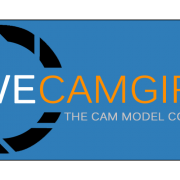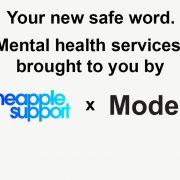Kink.com Joins Pineapple Support at the Silver Level
LOS ANGELES — Pineapple Support has announced that Kink.com has thrown its support behind the organization at the Silver Level to help provide mental health resources for adult performers.
Kink.com joins Gamma Entertainment, Pornhub, Modelhub, xHamster, Clips4Sale and other major adult companies in committing funds and resources to the organization.
The company will additionally provide Pineapple Support with design and marketing services.
“In a changing industry, it’s imperative that we support performers,” said Kink.com CEO Alison Boden. “In connecting performers to zero-cost, stigma-free mental health care, Pineapple Support helps create a more equitable, responsible and ethical workplace — and makes our industry stronger. We’re proud to do what we can to assist performers, the lifeblood of our industry.”
Pineapple Support was launched in 2018 by British performer Leya Tanit, and has connected over one hundred adult performers to mental health services including free and low-cost therapy, counseling and emotional support.
“Kink.com has been an industry leader in its commitment to performer rights for over two decades,” said Tanit. “We thank them for their commitment and generous support. Thanks to them, we can support more performers and raise awareness about one of the most pressing issues in our community.”
Find Pineapple Support online and on Twitter.
In related news, the nonprofit recently hosted a free suicide prevention workshop for members of the adult industry; click here for details.









